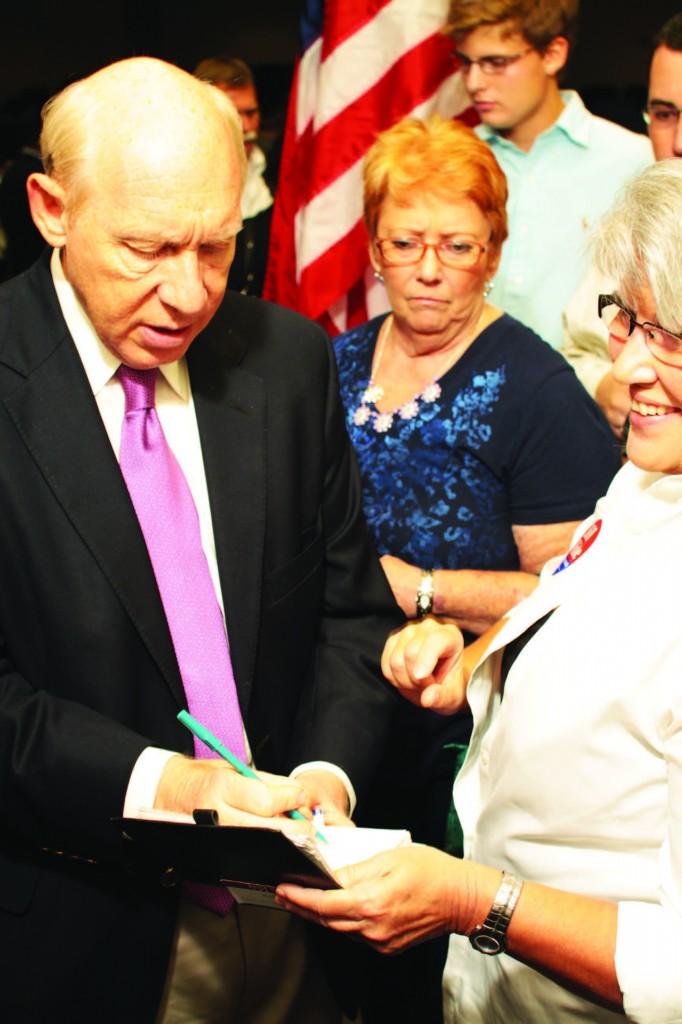By Shelly Williams/editor-in-chief
Two weeks ago, a Pennsylvania college banned Facebook, Twitter and other social media websites, according to an Associated Press article.
The Harrisburg University of Science and Technology blocked all social media websites for a week whenever students attempted to access them through campus computers as an experiment to see how students would react.
The experiment followed a report that Web users in the U.S. spend more time socializing on Facebook than searching with Google, the article said.
In fact, walk into the library here on any TCC campus, and it’s easy to spot several students Tweeting, with Facebook opened in the next tab, while texting.
It seems the reaction to this project would be obvious: less stress, more directed focus on school and better study habits. More time for personal relationships.
If TCC were to try this experiment, it’s hard to predict how well students would do.
The college has its own Facebook page, most of which is used to help students buy and sell textbooks and find roommates or information about upcoming school events. Facebook is the only other place all five campuses really connect at once — besides this paper, of course.
Facebook may be TCC’s way of becoming more interactive with its students, but it’s becoming the easy way out.
True, our college generation stands with information literally at its fingertips. But a week without social media could push this college to step from behind the computer screen and personally interact with the TCC audience to find ways of improving the school.
So this is a dare, even for the college administration.
Consider this option, just for a week. Force yourself to be more creative with social interaction, reinforce better study habits, get some rest and gain a perspective of the world that is TCC.
Whichever options you prefer.
For administrators, take this as an opportunity to hold more student forums to understand what the student body sees as needing improvement. Keep Facebook as a quick-solve communication strategy but use other methods of communication to push the district in a more meaningful, interactive way.



























